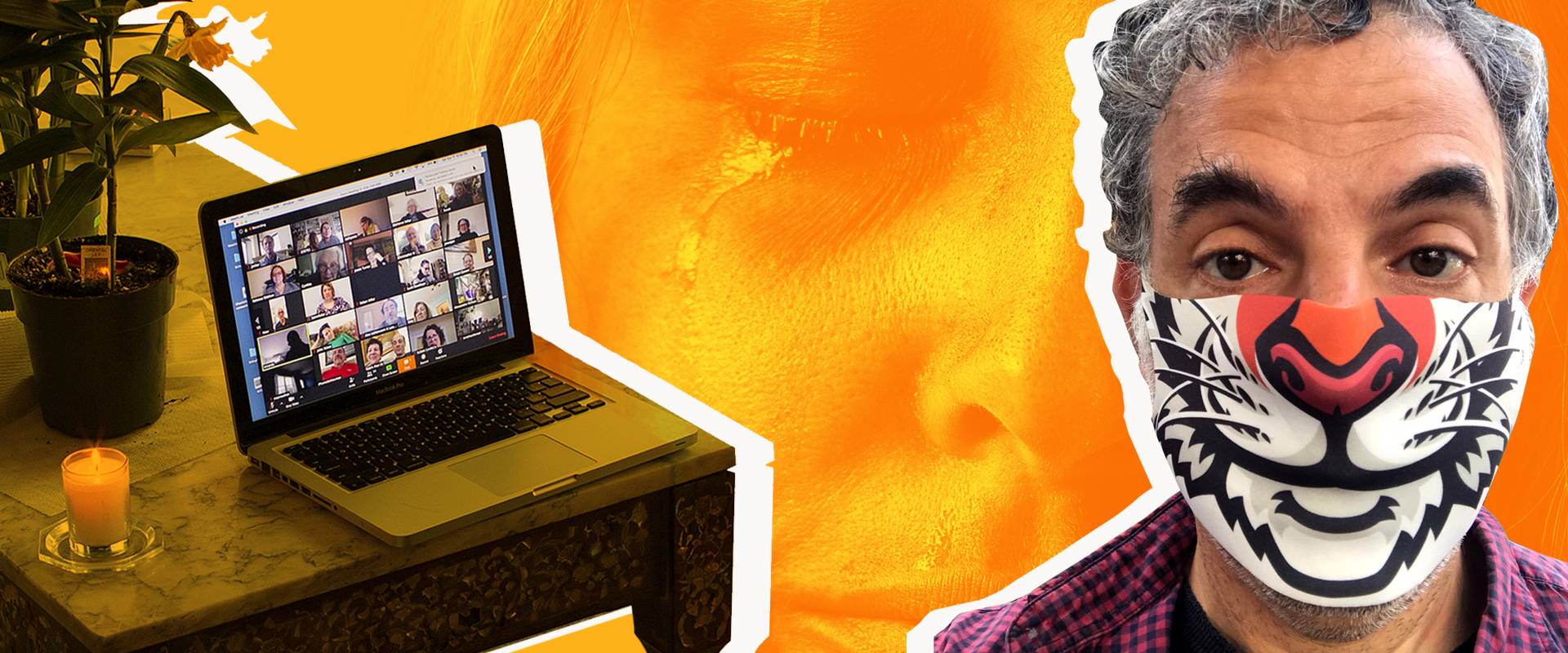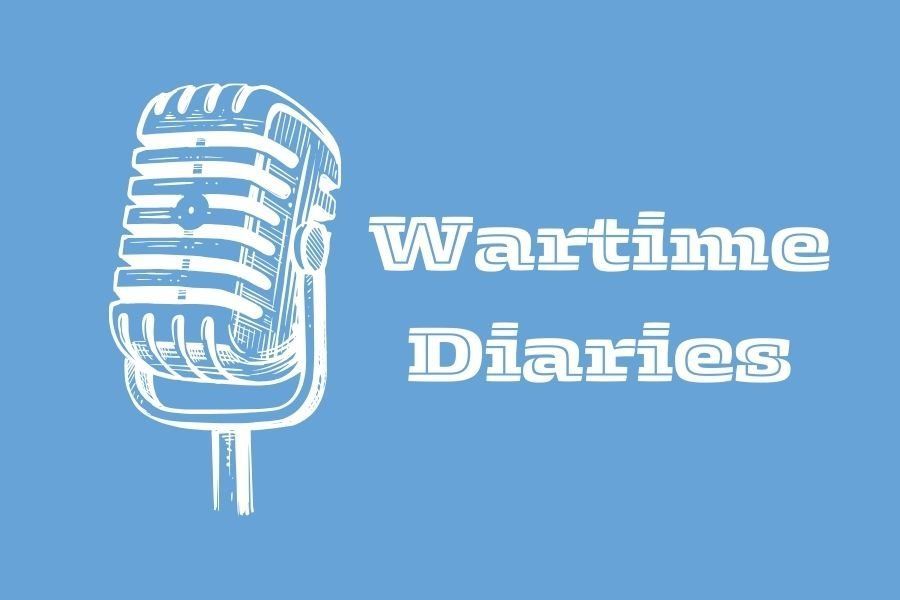“Alone, Together” Part VI – Six Feet (Under)
- 41:59
- 2020

Over the course of this series, we’ve shared many stories of Israelis dealing – in completely different ways – with COVID-19. We’ve heard people express fear, disappointment, shame, anger, hope and acceptance. We’ve told tales of coexistence and discrimination, nightmares and dreams, resilience and panic. But one thing shared by everyone we have encountered in the series thus far is that they have all – thankfully – survived the pandemic. Some got sick, others didn’t, but all lived to tell the tale.
That, however, isn’t true of everyone. More than 1,000 Israelis have died of the disease as of early September 2020. In a country of roughly nine million, that’s about 0.0112% of the population. The mortality rate of infected patients is hovering around 0.6%. And while, both those figures are lower than most other countries, there is no doubt that COVID-19 has claimed many victims in Israel. And in our episode today we explore what it looks like to die of, or during, COVID-19.
Prologue: Asthma Attack
Back in 1992, a twenty-four-year-old author from Tel Aviv – a guy by the name of Etgar Keret – was about to publish his very first collection of short stories. Desperately, trying to come up with the text for the blurb on the book’s back cover, Etgar felt stumped. And then, in the most unlikely of places – Ichilov Hospital’s ER – he finally found the words and jotted them down on a discarded prescription pad. Mishy Harman talks to Keret about the ways in which breathing, or rather not breathing, have shaped him as a writer. We also hear from Dr. Asher Salmon, the head of international relations for Israel’s Ministry of Health, about how Israel became the victim of its own success in combating the virus.
Act I: Rock Solid Wife
Despite the fear associated with having a serious underlying condition, the pandemic has been an extremely fruitful period for Etgar Keret. He has written more ferociously than he has in decades, he says. And today we get a first peek at his new piece of nonfiction. For years, Keret has been unsuccessfully trying to imagine his own demise. Then came the coronavirus and sorted it all out. Now, he can close his eyes at night and easily visualize himself being rushed to the hospital with severe respiratory distress. But what does that final experience feel like? And what does he absolutely not want to see in his dying moments? Actor Ishai Golan reads Keret’s latest story, published here for the first time.
Act II: Last Rites
In addition to everything else, COVID-19 has changed the ways in which we say goodbye to loved ones. Virtual funerals are strange, really. After all, so much of how we grieve is about being together physically – hugging, supporting, touching. But there is also an unexpected beauty to them. Zoom, YouTube, Facebook Live and other platforms give us the opportunity to participate in funerals around the world, many of which we wouldn’t otherwise have attended. They allow us to create global communities that come together to say farewell. Over the last few months, Yochai Maital has been collecting sound from recorded online funerals. Some are of public figures like Israel’s former chief rabbi, Eliyahu Bakshi-Doron, who died of COVID-19 in April. Others are of private people, who agreed to let us share their intimate and painful moments of loss. The audio collage is made up of Jewish, Muslim, and Christian funerals. Religious ones and secular ones. Services in Hebrew, Arabic, and English. And in all those languages, what we hear is the raw emotion of people trying to figure out how to say goodbye from a distance.
Credits
Yochai Maital and Joel Shupack scored and sound-designed this episode, with music from Blue Dot Sessions, Esther Abrami, and Papalin. The end song, “No More Corona,” is by Shai and Galit Dagan.
Thanks to Aviv Bekerman, Yonatan Dekel, Adi Mor, Maya Kosover, Rabbi Lisa Malik and the Gilron and Gilberg families. Thanks also to Kurt Hoffman, Wayne Hoffman, Sheila Lambert, Erica Frederick, Jeff Feig and Joy Levitt.
Sponsors

Project Kesher is a non-profit organization that empowers and invests in women. They develop Jewish women leaders – and interfaith coalitions – in Belarus, Russia, Ukraine and Israel, deliver Torahs to women who’ve never held one before, broadcast women’s health information on Ukrainian Public Radio, and help Russian-speaking immigrants to Israel advocate for equal rights.

Lasova is a non-profit organization that aims to ensure basic human needs to everyone in Israel. They provide over two-thousand hot meals a day, run twenty-one centers for underprivileged youth, operate ten homeless shelters and hostels and much more.

 Wartime Diaries
Wartime Diaries

